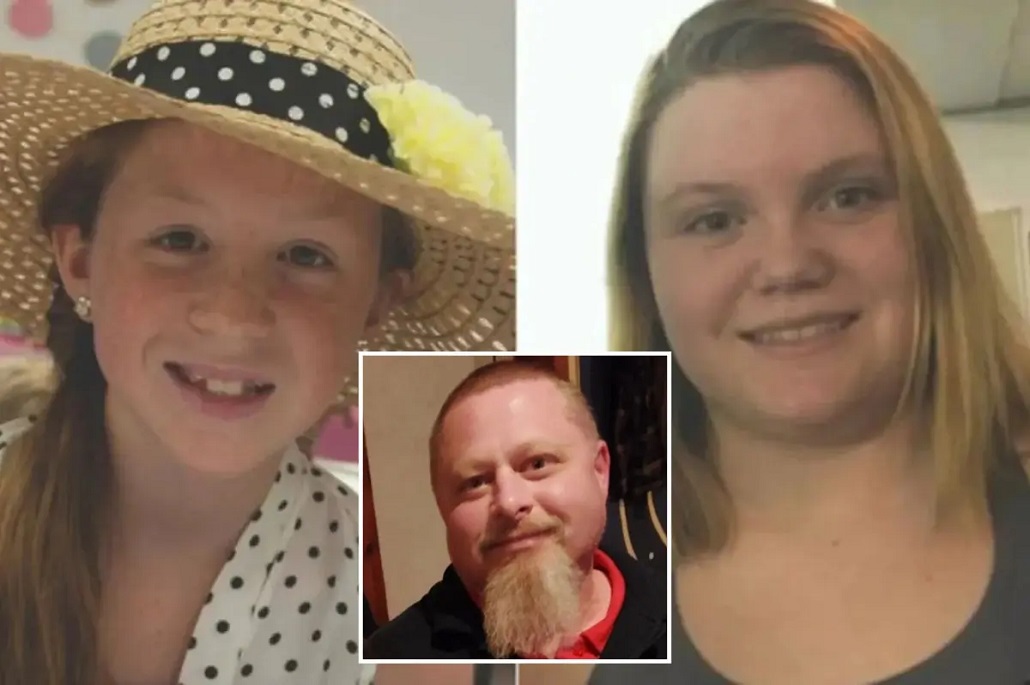Warning: Graphic content, readers’ discretion advised. This story contains a recollection of crime and can be triggering to some readers discretion advised.
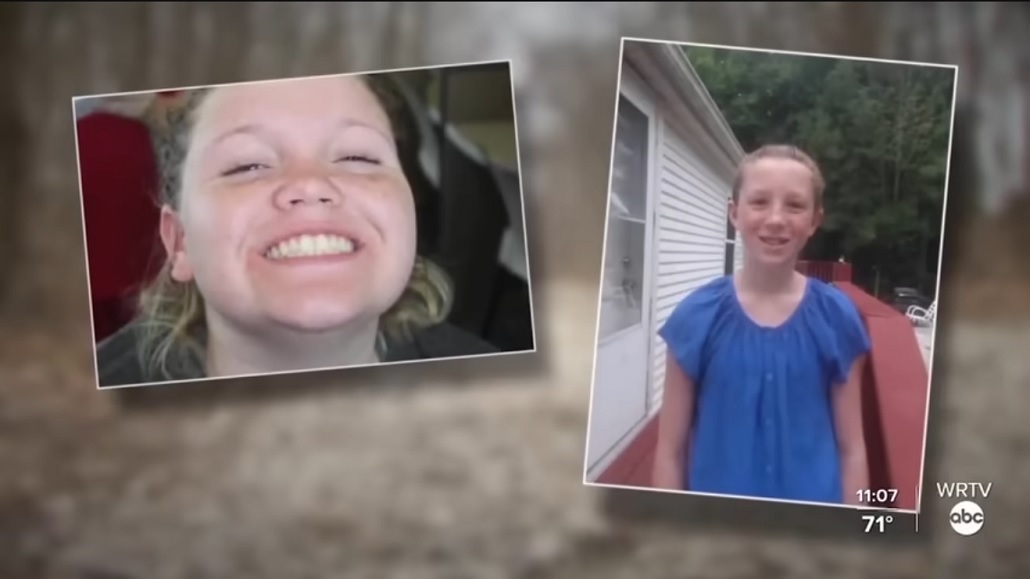
The Delphi murders refer to the tragic killings of two teenage girls, Abigail “Abby” Williams 13 and Liberty “Libby” German 14, on February 13, 2017, in Delphi, Indiana.
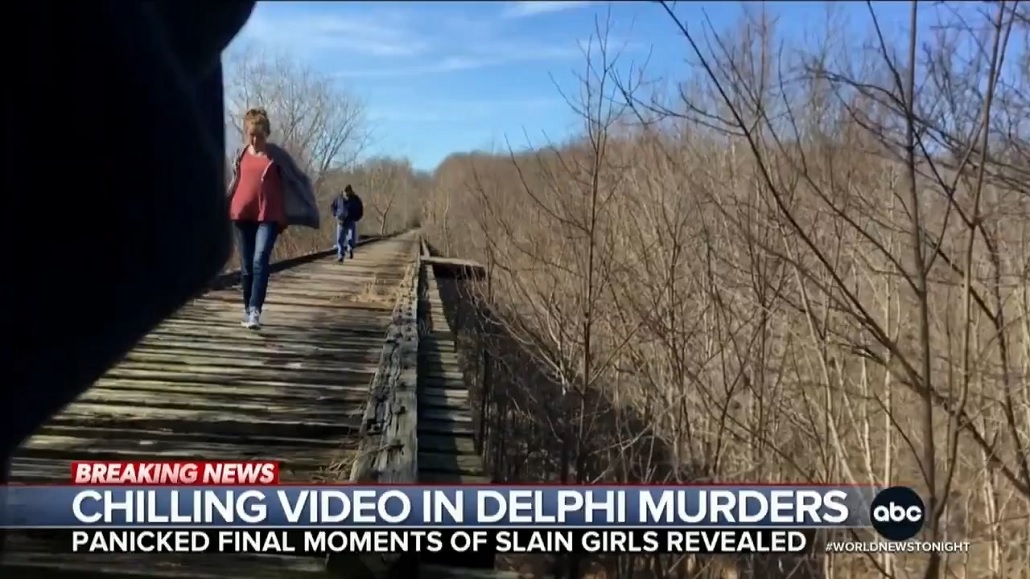
The case garnered national attention due to chilling evidence captured on Libby’s smartphone, including a short video and audio of the suspect.
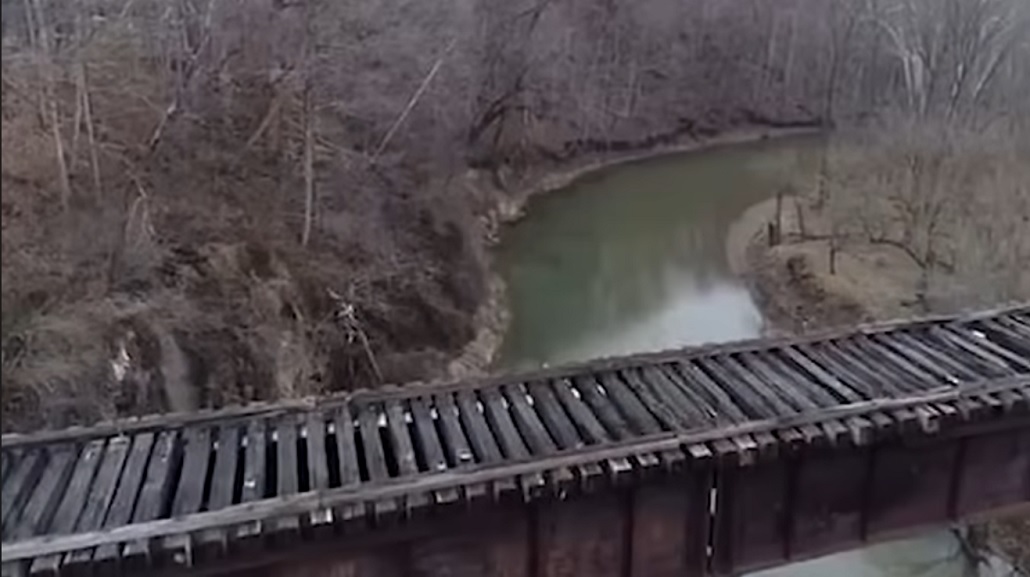
The girls were best friends who had skipped school for a hiking outing along the Monon High Bridge Trail (part of the Delphi Historic Trails) when they disappeared.
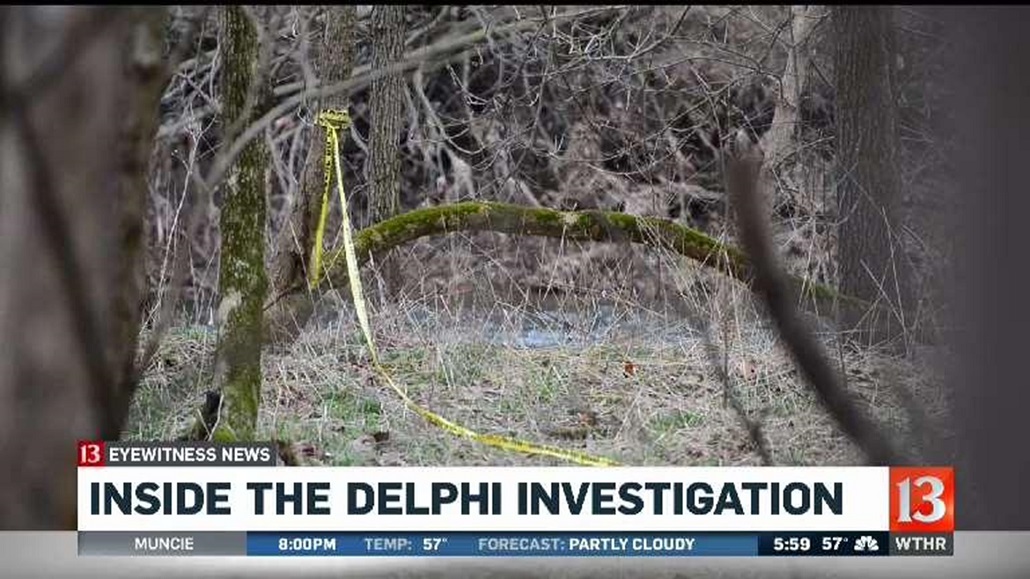
Their bodies were discovered the next day in a wooded area near the trail, about 0.5 miles from the bridge. Both had been murdered by having their throats slit; Abby was found fully clothed but in Libby’s clothing, while Libby was found nude. An unspent .40 caliber bullet was located between the bodies.
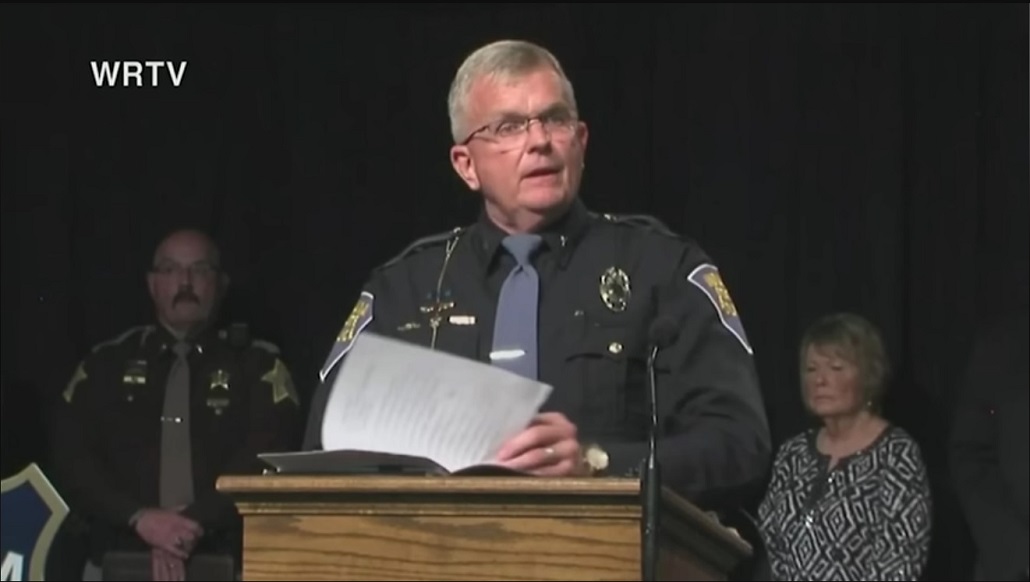
The investigation, led by the Indiana State Police, spanned over five years and involved thousands of tips, forensic analysis, and public appeals. A pivotal piece of evidence was a 43-second video from Libby’s phone showing a man (dubbed “Bridge Guy”) walking toward the girls on the bridge.
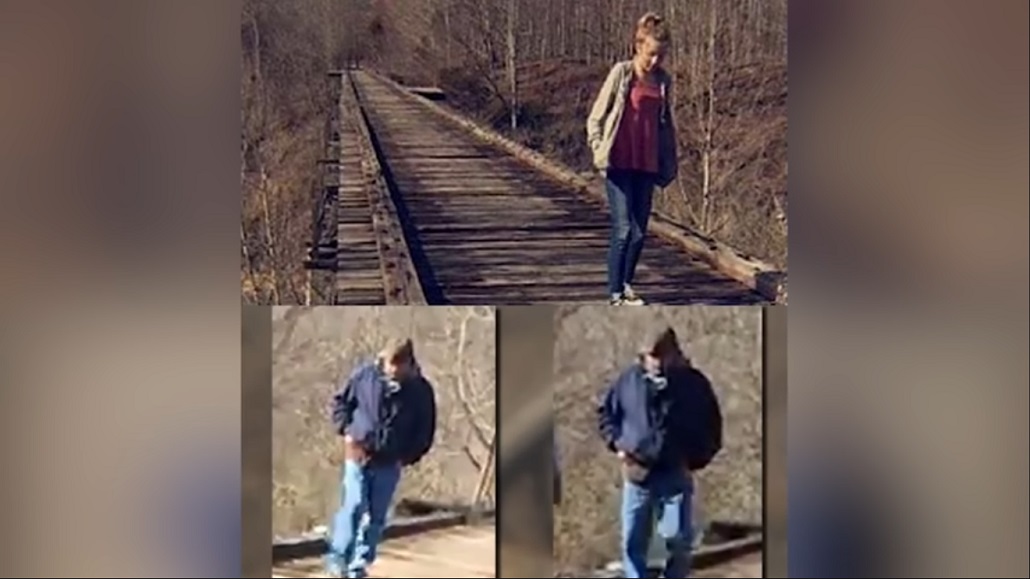
along with audio of a male voice saying, “Guys, down the hill.” This footage was released publicly in 2017.
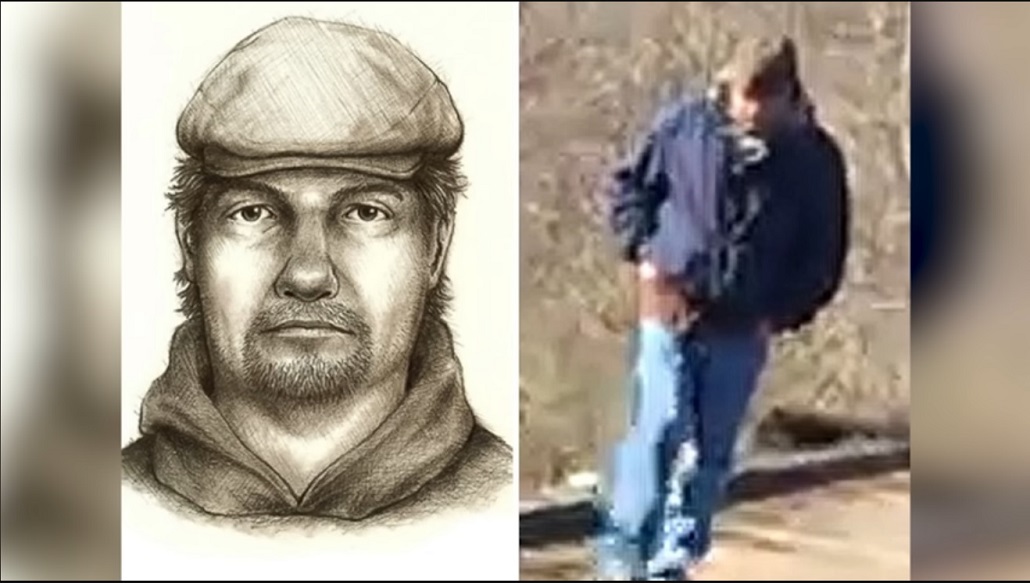
leading to composite sketches and vehicle searches, but the case remained unsolved until 2022.
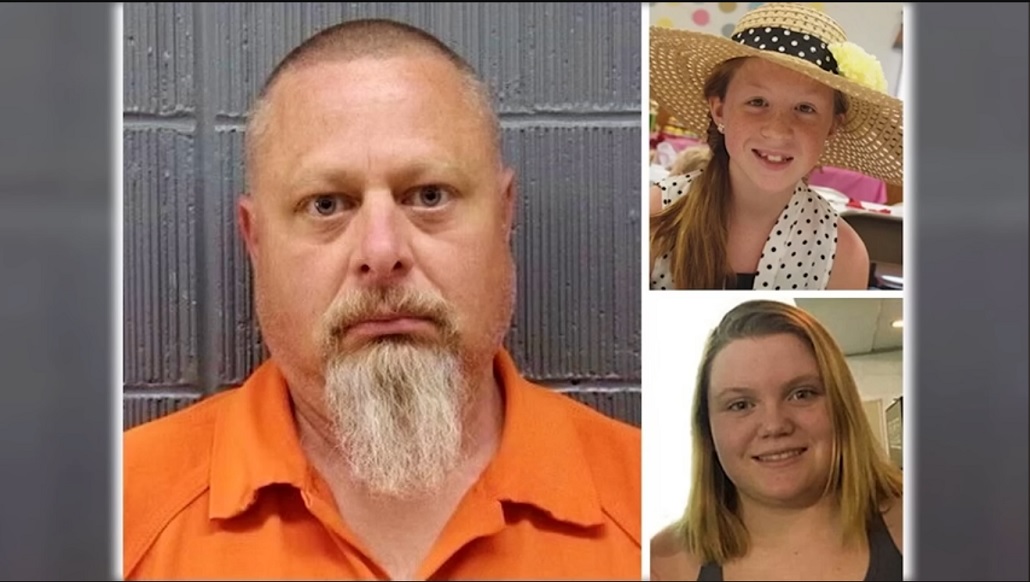
In October 2022, Richard M. Allen, a 50-year-old Delphi resident and pharmacy technician at a local CVS (where he had worked since 2018), was arrested and charged with two counts of murder. Allen had lived in Delphi since 2006 and was familiar with the trails.
Key evidence linking him included:
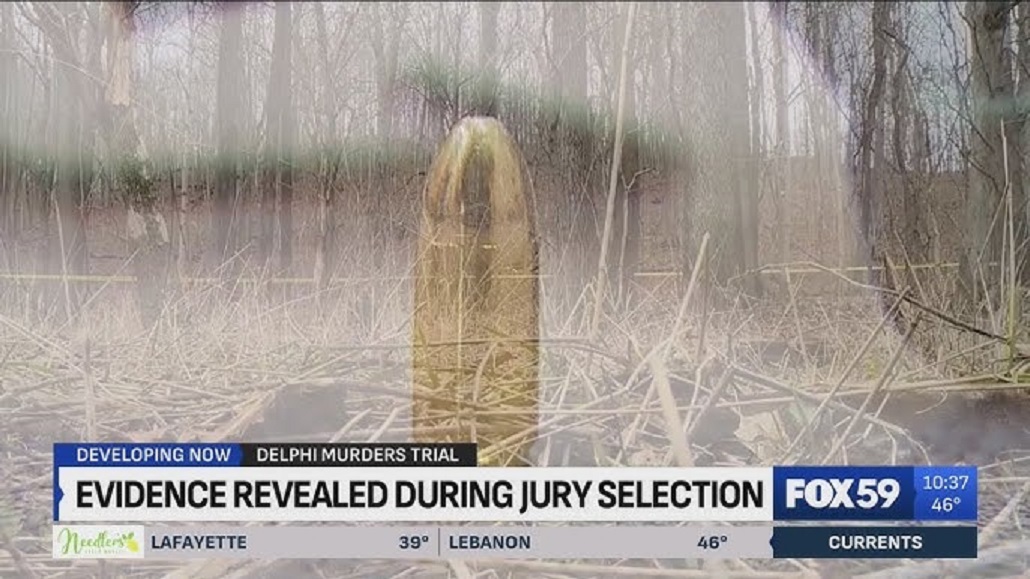
he unspent bullet at the scene matched Allen’s Sig Sauer .40 caliber handgun, based on “quality and quantity of marks” from forensic examination.

Prosecutors presented over 60 alleged confessions Allen made while incarcerated, including to his wife, mother, family, prison warden, psychologist, staff, and inmates.
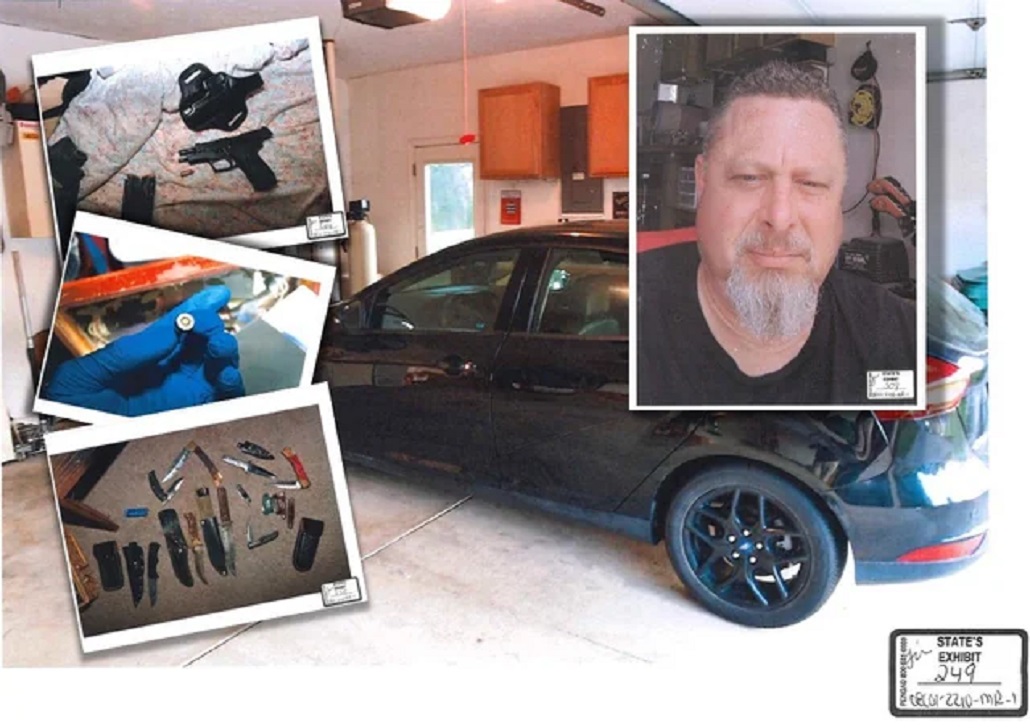
A warrant uncovered items dubbed the “bridge guy starter pack” by investigators, including knives, a blue Carhartt jacket similar to the one in the video, and the matched handgun.

Allen claimed he was at his mother’s house in nearby Peru on the day of the murders, but phone records and witness statements contradicted this.
Allen, who voluntarily approached police days after the murders to provide an alibi (claiming he “fell in” while crossing the creek near the bridge), was held without bond. His defense argued the evidence was circumstantial and pointed to potential “ritualistic” elements or other suspects, including theories of an Odinist cult involvement (which were dismissed by the court).
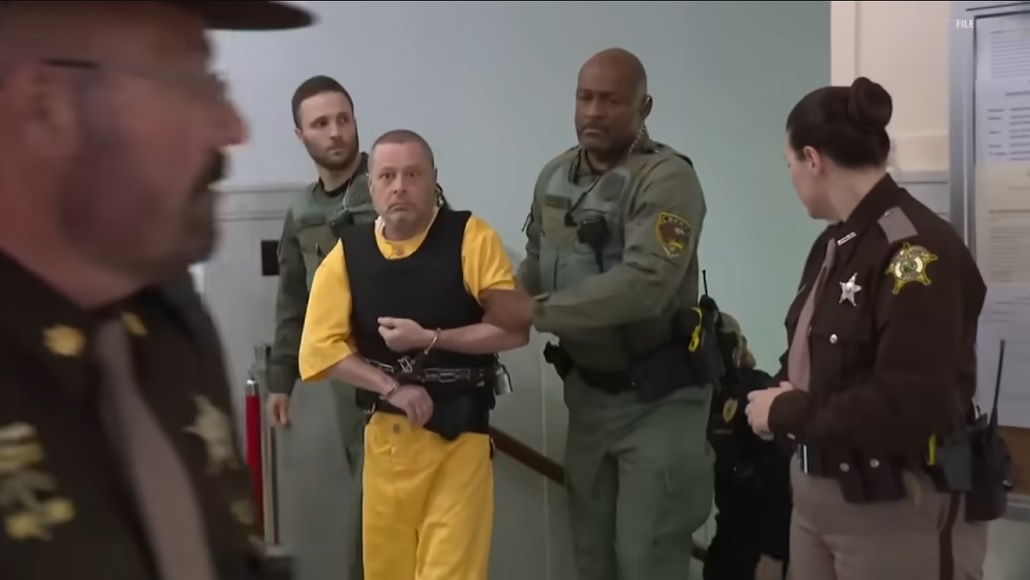
The trial began on October 18, 2024, in Carroll County Superior Court and lasted about two weeks. It featured graphic testimony, including details of the autopsies and the video evidence. Prosecutors emphasized Allen’s proximity to the scene, the bullet match, and his confessions. The defense sought to suppress the home search evidence and introduce third-party suspect theories
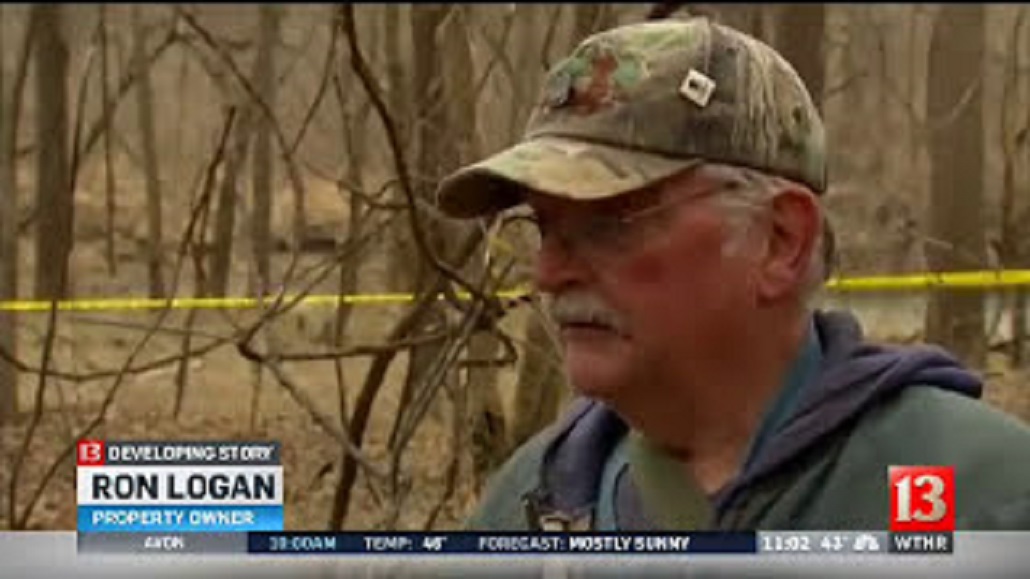
involving Ron Logan, the property owner where the bodies were found, or others), but Judge Frances Gull denied these motions, citing insufficient “nexus” to the crime.
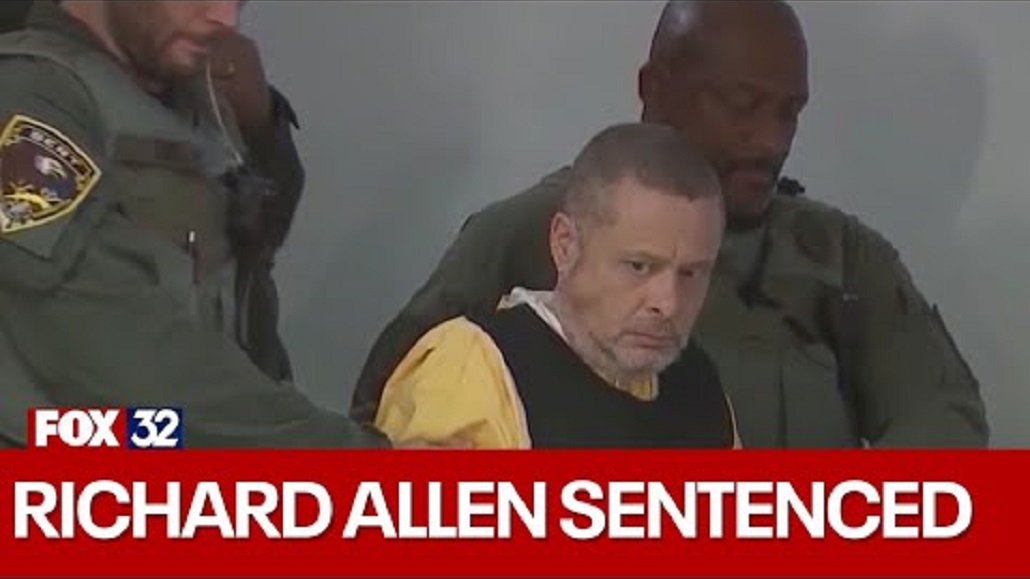
On November 11, 2024, the jury deliberated for less than three hours before finding Allen guilty on both counts. He was sentenced on December 20, 2024, to 130 years in prison (65 years per count, served consecutively). Allen was transferred to an Oklahoma prison in early 2025.
As of today, Allen’s conviction is under appeal. On October 7, 2025, his attorneys filed motions outlining at least two key challenges:
Contesting the validity of the search warrant for Allen’s home and the admissibility of items seized.
Arguing the court erred in barring evidence of alternative suspects, including early sketches of two potential perpetrators (neither matching Allen) and theories of multiple assailants.
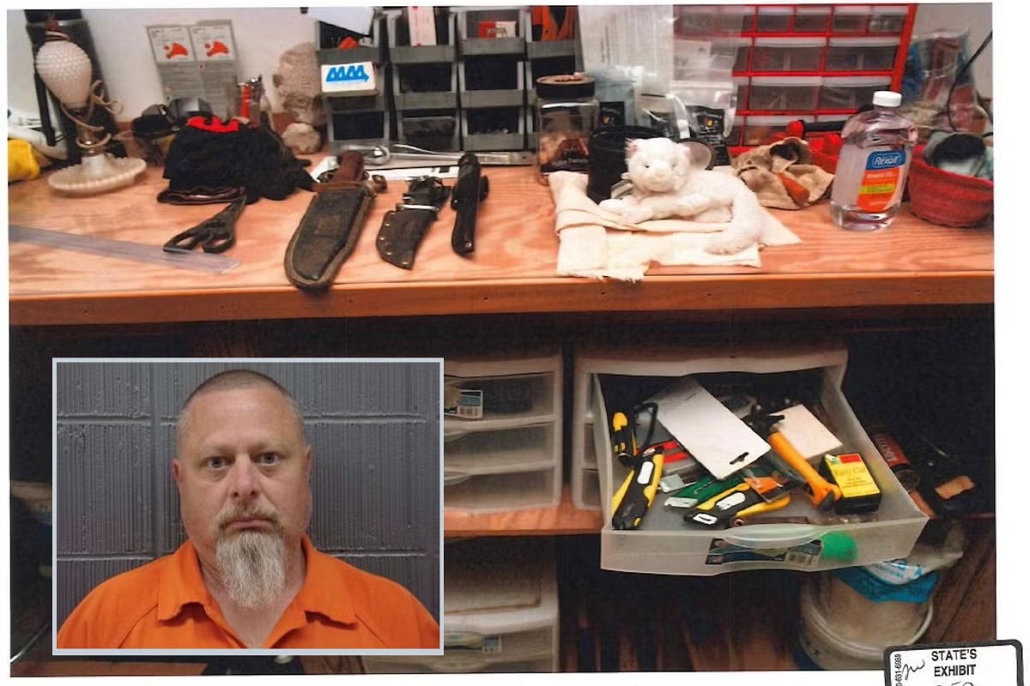
The appeal process is ongoing, with attorneys requesting extensions due to Allen’s prison transfer complicating evidence access. Eight prison phone calls from 2022–2023, where Allen allegedly confessed, have been highlighted in recent discussions.
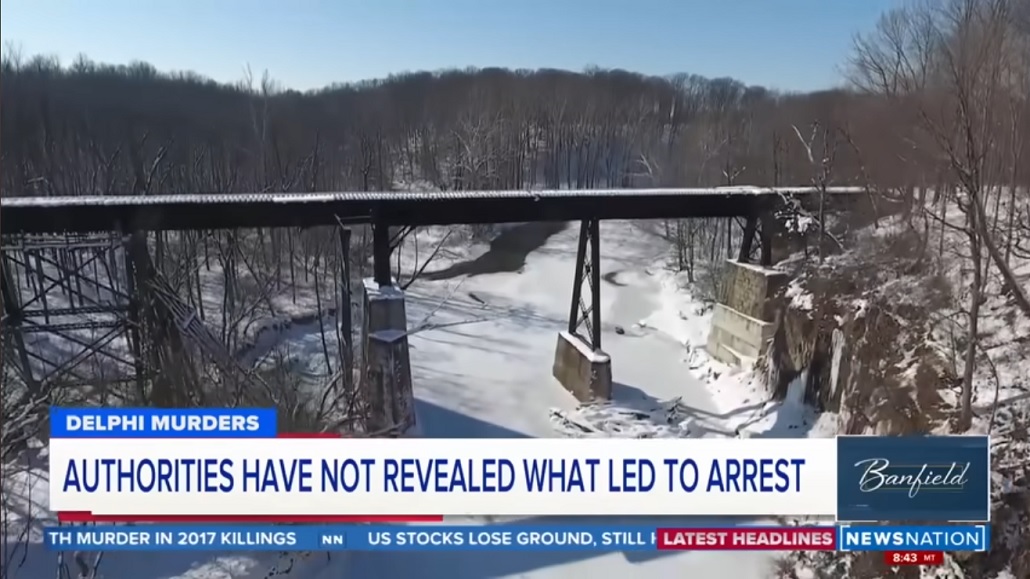
Online communities, such as Reddit’s r/DelphiMurders, continue debating details like the lack of DNA evidence on rape kits and the creek crossing in winter….
